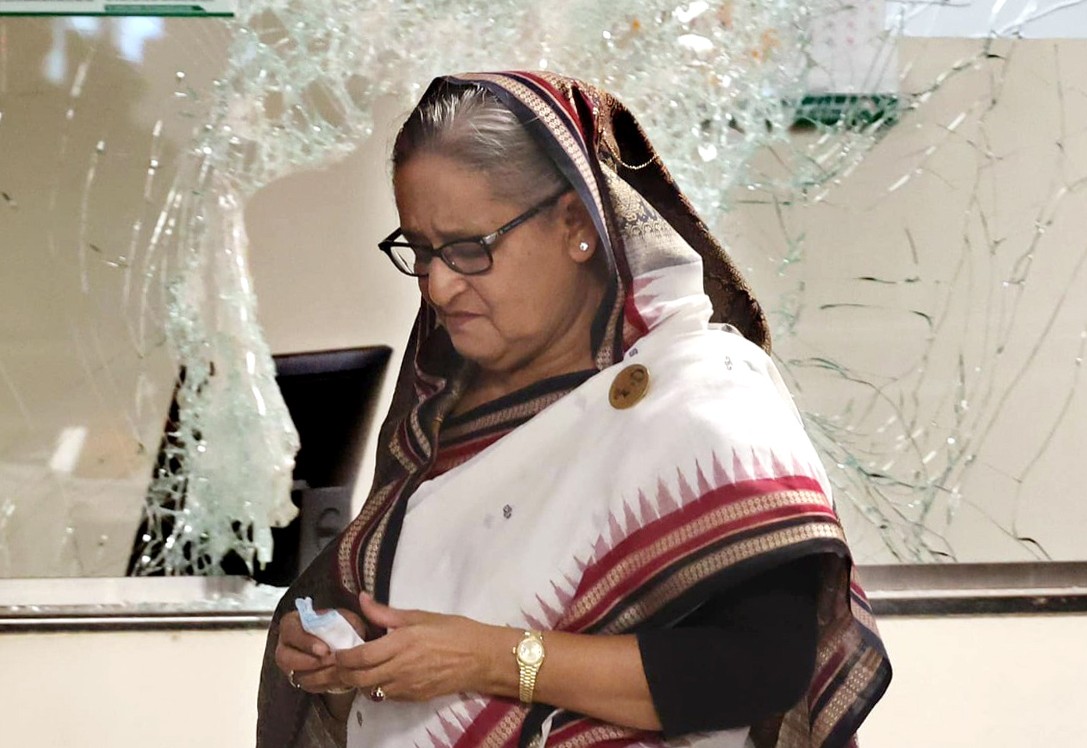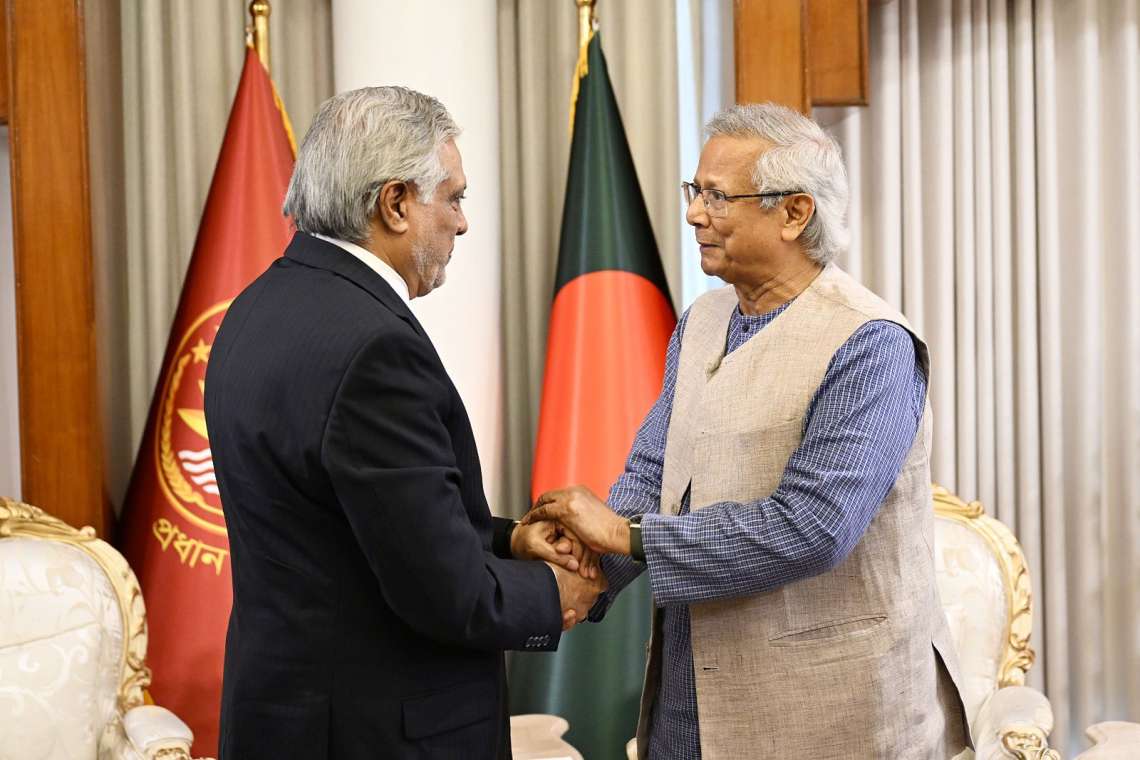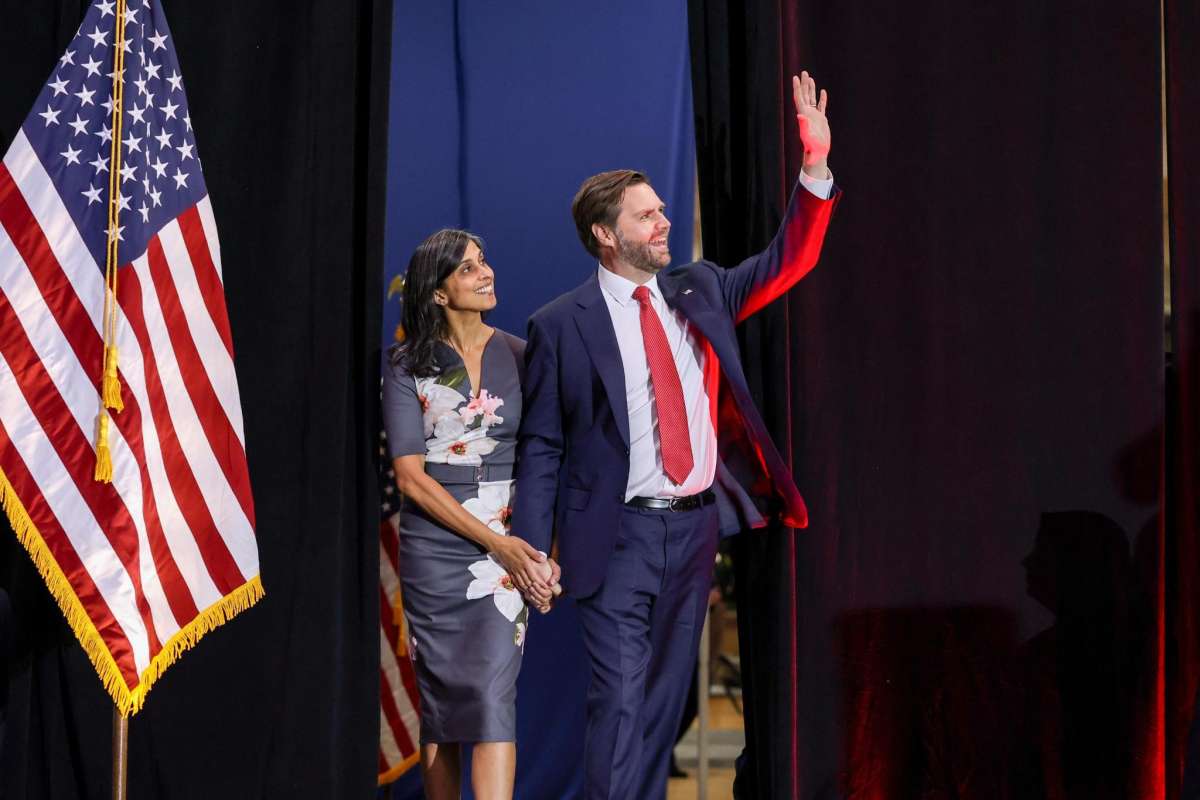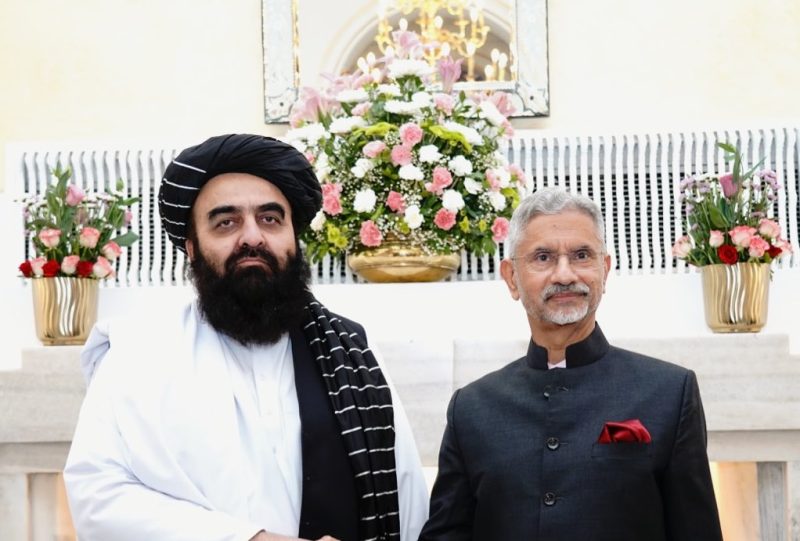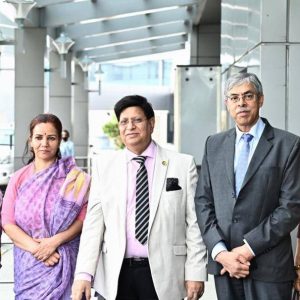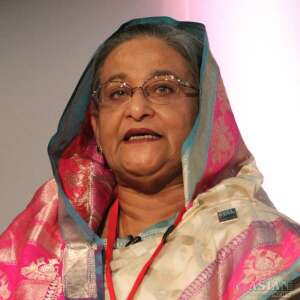Sheikh Hasina declared a fugitive in a sedition case as Bangladesh’s interim government faces escalating legal, political and constitutional uncertainty over the promised national election.
Bangladesh’s tumultuous political landscape spiralled further on Friday as the country’s Criminal Investigation Department (CID) issued a public notice declaring former Prime Minister Sheikh Hasina and 260 others fugitives in a sedition case linked to the “Joy Bangla Brigade” platform. The announcement came as the Muhammad Yunus-led interim government grapples with mounting uncertainty over the promised national election, expected in roughly three months.
The notice, signed by CID Special Superintendent (Media) Jasim Uddin Khan and issued following an order from Dhaka Metropolitan Magistrate Court-17 Judge Ariful Islam, was published in Bangladesh’s leading newspapers, including The Daily Star and Amar Desh. It was released in both Bengali and English.
The CID move follows an investigation authorised by the Ministry of Home Affairs under Section 196 of the Criminal Procedure Code (CrPC). According to reporting in the Dhaka Tribune, the probe alleged that conspiratorial activities were conducted via the online platform “Joy Bangla Brigade”, both domestically and abroad, with the purported aim of overthrowing the legitimate government.
The platform identifies itself as a supporter of Hasina and the political legacy of her father and Bangladesh’s founding leader, Sheikh Mujibur Rahman. According to statements posted on the brigade’s website, the group accuses Nobel laureate and interim government chief adviser Dr Muhammad Yunus of being, in its words, a “meticulous designer and a killer” and “father of mob justice”, alleging he aided “terrorism and extremism” in Bangladesh. The CID says its digital forensics investigation examined server activity and social media content before filing a chargesheet against 286 individuals, including the former premier.
Following the court order, Sheikh Hasina and 260 named individuals were formally declared absconding. Hasina has been outside the country since the student-led uprising of August 2024 forced her Awami League government from power, prompting her flight amid widespread public anger over rights abuses and corruption allegations. Dr Yunus assumed leadership of the caretaker administration soon after.
Compounding the legal drama, the International Crimes Tribunal (ICT) has completed proceedings in a separate case against Hasina for alleged crimes against humanity, reportedly linked to enforced disappearances and torture during her tenure. The tribunal has scheduled its verdict for 13 November, raising the stakes even higher as Bangladesh enters a fraught political phase.
Election path clouded with legal, political, and constitutional disputes
While Hasina battles charges from abroad, Bangladesh’s interim government faces mounting pressure at home. Questions are intensifying around whether the promised national election can take place — and whether it will be viewed as credible in the current climate.
Political parties remain under heavy restriction, with the Awami League itself banned, prompting Hasina to reportedly call for a nationwide boycott. Other parties have hinted at joining such a move if their leaders are excluded from contesting.
The situation has a layer of irony: the former ruling party, long accused of suppressing opposition participation, now argues it is being denied its own right to contest. Meanwhile, legal ambiguity persists regarding the constitutional mechanism for organising the vote under an interim authority.
A key point of reference is the “July National Charter”, forged in the wake of the 2024 student uprising with input from around 30 political parties and the interim administration. It lays out reforms to governance and electoral practices. Yet disagreement has emerged around its implementation, particularly regarding a referendum included in the charter’s roadmap.
Jamaat-e-Islami has asserted that a referendum must take place by November, arguing that failure to hold one before national polls would compromise the legitimacy of the election itself. Commentators in Prothom Alo noted that while political groups broadly agreed to the referendum process, clarity is lacking on its design, including how its 48 reform questions would be presented to voters and whether a simple “yes” or “no” vote is feasible. The newspaper suggested that allowing the next parliament to amend the Constitution on the basis of the charter might have been a more functional approach.
Institutional constraints further complicate matters. Reports highlight disputes over the Election Commission’s independence, as well as operational challenges such as voter registration and ensuring voting rights for overseas citizens. Questions of allegiance within the state apparatus persist too. BNP leaders have urged the interim government to function as a true neutral caretaker, while Jamaat claims that 70–80 per cent of officials in police and administration are BNP-leaning. Newer movements, such as the National Citizen Party (NCP) and Gono Odhikar Parishad (GOP), have accused longer-standing parties like BNP and Jamaat of politicising the current transition for their own advantage.
As competing tactical positions collide, time is narrowing. Bangladesh appears caught between a judicial showdown involving its longest-serving leader and the challenge of arranging an election that satisfies constitutional demands, electoral legitimacy, and public expectations — all while the interim government’s authority faces increasingly loud scrutiny.
For now, the country stands suspended between accountability, upheaval and the unstable promises of transition. Whether the election unfolds as pledged — and under what terms — may determine not only the future of the Yunus administration but the trajectory of Bangladesh’s democracy itself.


